In 1836, Alexander Hamilton’s son avenged his father’s death thirty-two years earlier by disparaging Aaron Burr in court, as Burr’s wife’s divorce attorney. Burr was accused of multiple infidelities which he hotly denied, using his advanced age as an excuse.
In 1804, longstanding rivals Aaron Burr, the Vice-President of the United States, and Alexander Hamilton, the former Secretary of the Treasury, met at Weehawken, New Jersey for a duel. They stood ten paces apart and fired at each other with flintlock pistols.
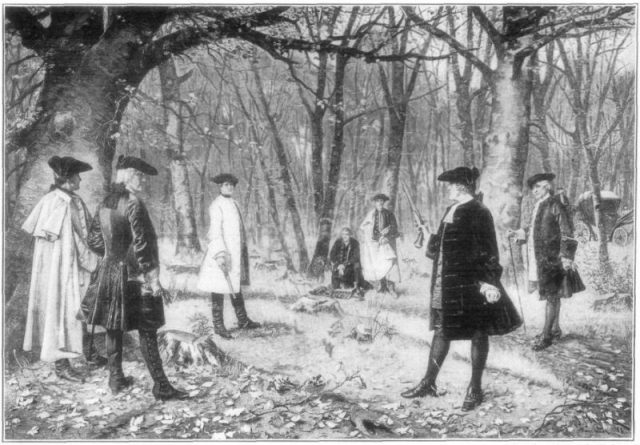
Hamilton missed, possibly intentionally, but Burr did not. The bullet he fired hit Hamilton just above his right hip, passing through his liver and spine. Hamilton died the next day at the New York home of his friend William Bayard Jr., a New York banker.
Burr and Hamilton were political rivals. In 1791, Burr won a senate seat over Philip Schuyler, Hamilton’s father in law, who would have supported Hamilton and his policies (at the time, Hamilton was Secretary of the Treasury). Hamilton became angry because of Burr’s victory, and he was known to carry a grudge.
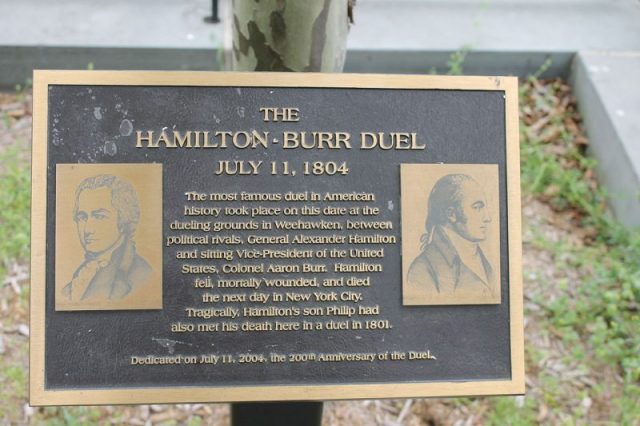
In 1800, Hamilton wrote a treatise criticizing President John Adams but never intended it to be published to the general public. Burr obtained the document and had it published, embarrassing Hamilton. Later that year, Burr and Thomas Jefferson ran for President, resulting in a tie. Hamilton pushed Congress to give the election to Jefferson, making Burr the Vice President.
The race for governor of New York in 1804 intensified the bad feelings between the two when Burr, a Republican, ran independently. Hamilton was strongly opposed to Burr being governor and campaigned New York Federalists to turn against him.
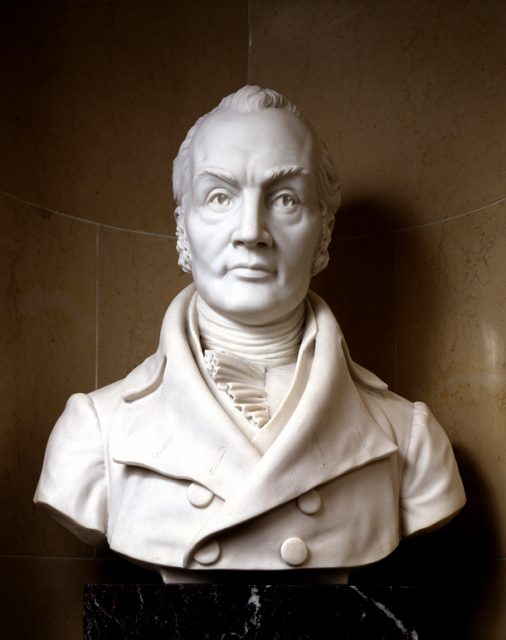
Burr lost the election to Morgan Lewis who ran as a Republican. Burr blamed Hamilton for his loss. At a dinner party hosted by Republican Dr. Charles D. Cooper in New York, Hamilton made his feelings for Burr known.
Dr. Cooper alluded to Hamilton’s remarks in a letter to Philip Schuyler which was published in the Albany Register. Burr wrote to Hamilton demanding to know what he said. Hamilton played dumb, and the angry correspondence between the two increased until Burr demanded that Hamilton recant the insults, which Hamilton refused to do. Burr challenged Hamilton to a duel.
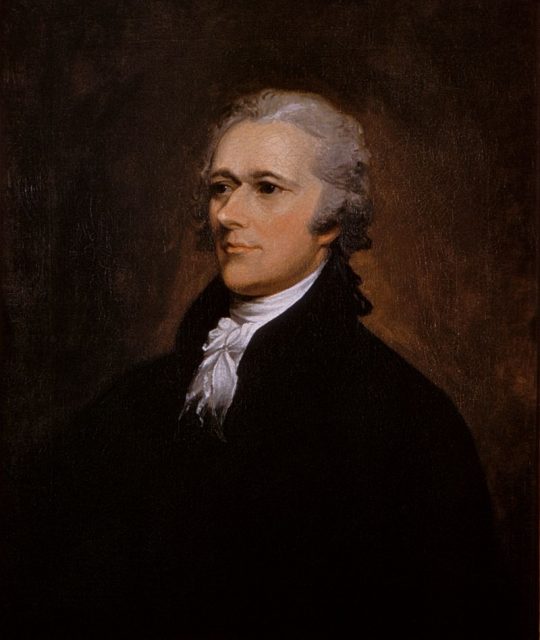
In early colonial times, dueling, brought from England, was the way a man defended his honor, especially in the Southern states. By this time, dueling had been made illegal in New York and New Jersey, and Burr was charged with murder.
20 Awesome historical words that we should bring back
Burr had hoped that the duel would put him back into the political spotlight and it did, but not favorably. He removed himself to his daughter’s home in South Carolina for a while but returned to Washington to complete his term as Vice President. Eventually, the charges against Burr were dropped, but his political career was ruined.
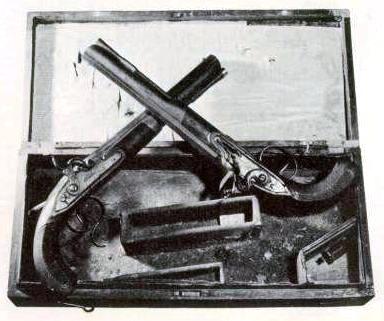
Burr found himself in several sticky situations over the years involving a charge of treason for attempting to take over Mexico and several western territories, but because no one would come forward as a witness, the charges were dropped.
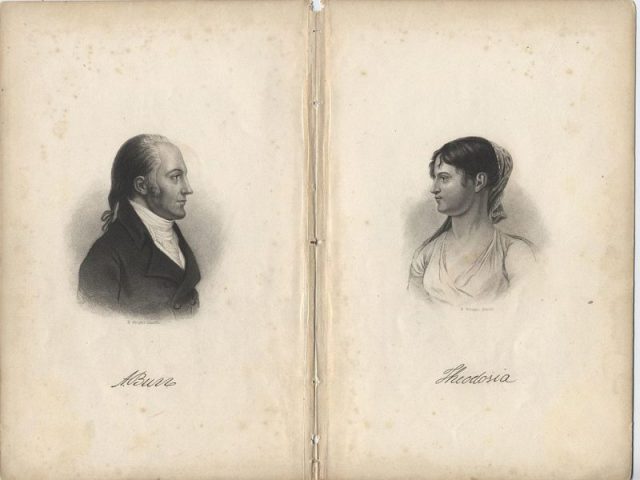
Burr then removed himself to England to escape his many creditors, having to borrow the money for his trip. He moved around to Scotland, France, Germany and Sweden but his continued attempts at conquering Mexico got him expelled from England and incurred the disdain of Napoleon Bonaparte, keeping him from ever returning to France.
Burr returned to the United States, lying low using his mother’s maiden name until, with the help of prominent New Yorkers Samuel Swartwout and Matthew L. Davis, he was able to resume his law practice.
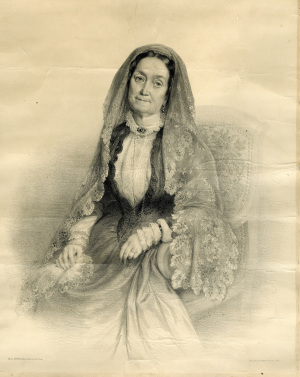
Burr’s wife, Theodosia Bartow Prevost, had died in 1794 of cancer. In 1833, Burr, at the age of seventy-seven, married Eliza Jumel, one of the wealthiest widows in New York. Within four months, Eliza realized she was losing her fortune due to Burr’s squandering on unsuccessful ventures. She decided to divorce Burr.
Read another story from us:Famous people with historical “twins”
The attorney she chose for the divorce was Alexander Hamilton Jr., the son of the man Burr had killed. The proceedings took two years, and the divorce was finalized on September 14, 1836, the day of Burr’s death. Burr died never knowing he was divorced.
